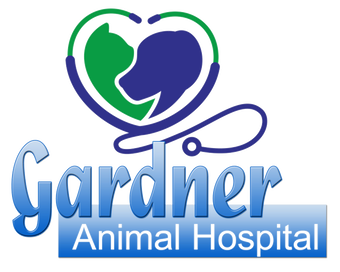Pet Surgery Services
We understand that surgery is not an easy experience for you and your pet. At Gardner Animal Hospital we strive to ensure your pet’s surgical procedure is as comfortable and stress-free as possible.
All patients being admitted for surgery should arrive by 8:00 a.m. These patients should have no food or water after 10 p.m. the night before. For the protection of other animals in the hospital as well as your pet’s, vaccinations are required to be up to date at admission. A member of the office staff will contact you as soon as your pet has recovered from anesthesia following surgery. Patients will be discharged based upon their recovery from surgery, their health status, and potential complications. When you drop off your pet, please make a discharge appointment to pick up your pet for aftercare instructions.
Anesthesia & Monitoring
Prior to anesthesia all pets are examined by a doctor and a pre-surgical blood screen is performed. The results of these tests and your pets past anesthetic history, breed, preexisting conditions, and age are used to create an individualized anesthesia protocol for your pet.
During anesthesia and surgery, your pet is constantly monitored by a trained veterinary technician, using our advanced monitoring system. This system continuously monitors your pet’s arterial oxygen level, blood pressure, heart rate, respiratory rate, and core body temperature. All surgeries also include IV catheters and fluid support and heat therapy is available to ensure a safe body temperature is maintained throughout the procedure.
Pain Management
Gardner Animal Hospital also believes that identifying and relieving pain is essential to the recovery of your pet. Therefore, pain management is an important aspect of our intra- and post-surgical protocols. Our advanced techniques include local blocks, regional blocks (including epidurals), and constant rate infusions for postoperative pain relief.
When necessary, we may also send additional pain management medication home with you and your pet.
Explore Our Complete List of Veterinary Services in Gardner, KS
What's Next
Call us or schedule an appointment online.
Meet with a doctor for an initial exam.
Put a plan together for your pet.

